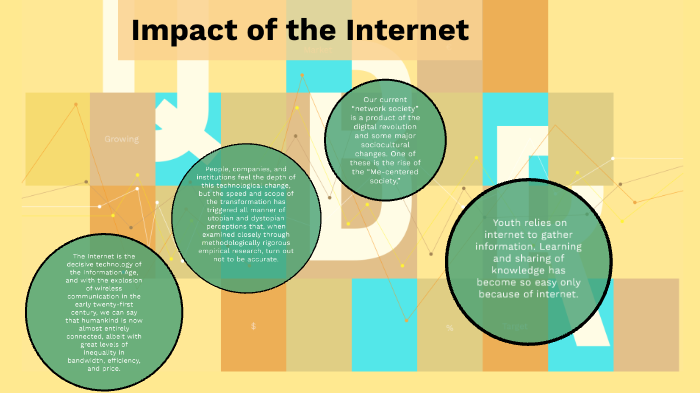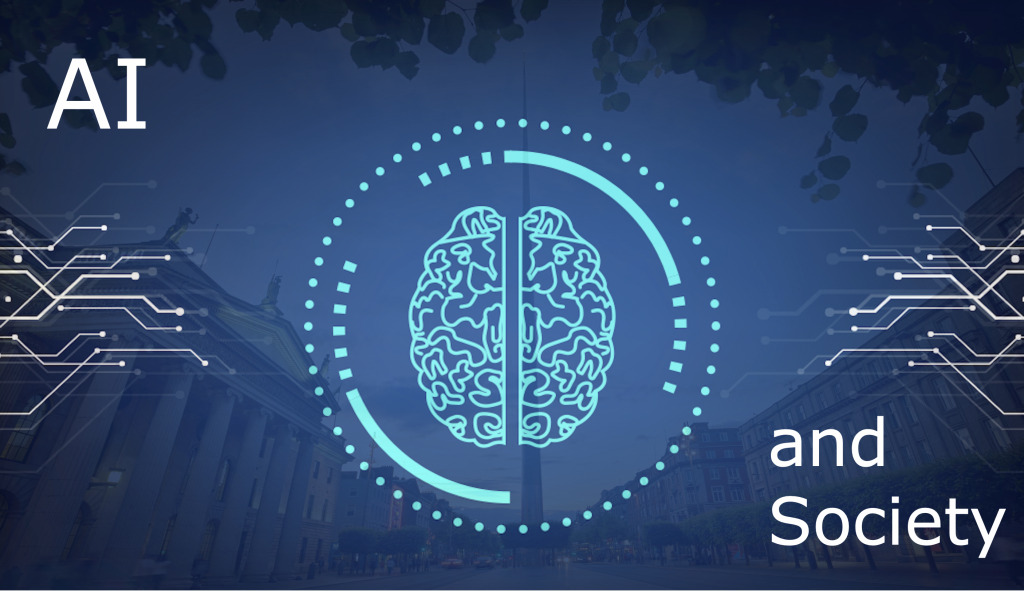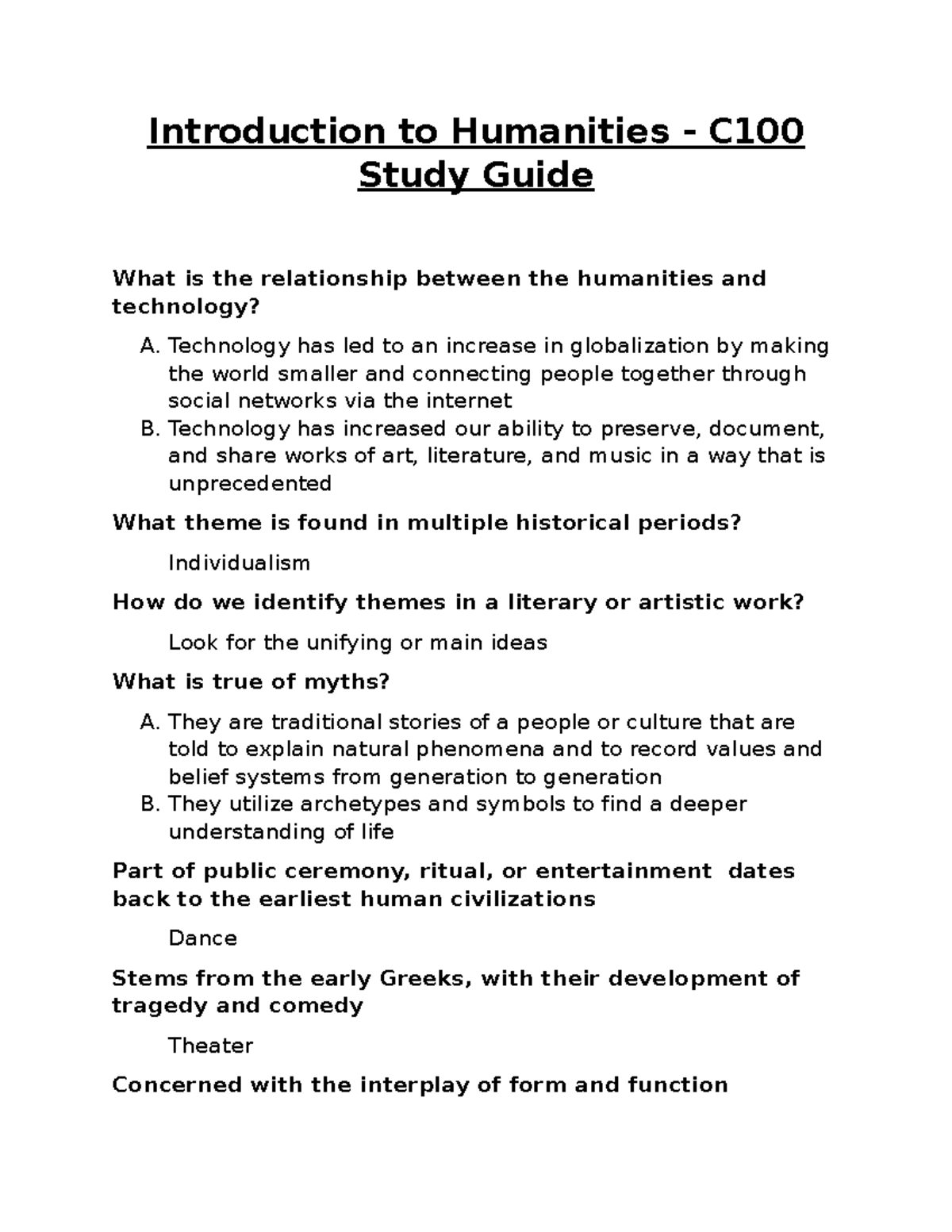The impact of the internet on fiction has fundamentally reshaped how stories are told and consumed, leading to a paradigm shift in the literary landscape. Writers are now compelled to navigate a digital world where their audience is not just passive readers but active participants influenced by social media dynamics and public opinions. As the internet changes how we engage with books and authors, questions arise about the authenticity of storytelling and the role of technology in the creative process. With the prevalence of clickbait culture and online reviews, fiction writing in the digital age grapples with the challenge of remaining true to personal expression amid external pressures. Ultimately, as we explore the intricacies of this phenomenon, we can begin to understand the complex relationship between the internet and fiction, and its effects on reading habits and literary quality.
The evolution of storytelling in the modern era is heavily intertwined with digital advancements, particularly the internet’s role in disseminating narratives. In today’s world, literature is more than just printed pages; it is a multi-platform experience that connects authors and readers in unprecedented ways. As social media platforms dominate our interactions, the effects of social media on literature cannot be underestimated, influencing everything from marketing strategies to reading recommendations. This transition also raises compelling discussions about how the pervasive presence of technology redefines the creative process for contemporary writers. Indeed, the realm of literary expression has transformed, inviting us to examine the new norms of the storytelling landscape.
The Internet’s Transformative Impact on Fiction
The advent of the internet has fundamentally altered the landscape of fiction writing and reading. In today’s digital age, writers are often compelled to adapt their narratives to suit an audience that has transitioned from solitary readers to engaging participants. Unlike past eras where personal taste stood apart from public opinion, contemporary authors grapple with the weight of social media, where every critique and compliment is broadcasted. This phenomenon has not only influenced the style and tone of writing but has also affected the themes that resonate with readers, as traditional critics lose their foothold to viral trends and internet influencers.
Moreover, the role of technology in storytelling has become increasingly complex. Writers now face the challenge of producing work that ignites meaningful dialogue while still capturing the fleeting attention of an audience conditioned to shorter forms of content. The essence of fiction, which lies in exploring intricate emotional truths, risks being diluted by the need to appease the masses. As readers’ expectations shift, the depth and substance that traditionally defined great literature may be overshadowed by the superficial engagement that social media fosters.
Readers as Audiences in the Age of Social Media
In the realm of fiction, the transformation from readers to audiences marks a significant shift in the relationship between the writer and their consumers. Writers now perform under the watchful eyes of an online audience, altering the way they craft their messages. This dynamic has implications for storytelling; the focus on authenticity may diminish as writers navigate the precarious balancing act of maintaining individual voice while courting public approval. Thus, the calls to “write as though your parents are dead” have evolved into a need for writers to engage in a communal conversation with their readers, whose responses can directly influence a book’s success or failure.
This phenomenon illustrates a wider cultural shift where taste is no longer a private pursuit but an online spectacle. The voices of traditional critics have been upended, resulting in a landscape where personal preferences are aggregated into algorithms that promote mass opinions rather than nuanced critiques. Writers must reflect on these changing dynamics, searching for ways to maintain their artistic integrity while still captivating an audience steeped in immediacy and instant gratification.
Ultimately, the internet has crafted a new paradigm for fiction where stories are consumed as part of a larger media experience. The immediacy of social media can dilute the reflective process that literature often requires, making it essential for writers to find a way to pierce through the noise and still connect deeply with their readers.
Research in the Digital Era: A Double-Edged Sword
The ease of research facilitated by the internet is a boon for contemporary authors, providing resources that were once confined to exhaustive library visits and time-consuming paper searches. Writers like Scott Turow have noted that their narratives benefit from quick access to data that would have drastically extended the writing timelines decades prior. However, this ready access can also lead to an overreliance on surface-level information, compromising the depth that well-researched fiction demands. As the convenience increases, the challenge for writers becomes discerning which sources provide genuine insight versus those that offer transient information.
While the online sphere opens doors to vast information, it simultaneously fragments attention. Readers who once immersed themselves deeply in books now have continuous access to distractions that dilute their involvement with literature. As a result, authors must contend not only with the wealth of data available but also with the reality of an audience whose reading time may be compromised by the competing allure of online engagement and social media.
Navigating Emotional Truth in Fiction
Min Jin Lee emphasizes the role of fiction as a vehicle for emotional truth, revealing complexities that often elude straightforward narratives. In our digital world, where audiences are inundated with information and opinions, the importance of connecting on an emotional level remains paramount. Despite the rise of superficial content created for instant gratification, fiction possesses the unique capacity to evoke empathy and reflection. This quality stands in stark contrast to much of the digital noise, where emotional weight can be lost in the rapid pace of communication.
As readers engage with fiction that transcends factual recounting, they cultivate a deeper understanding of human experiences that mere statistics or posts cannot capture. The challenge for authors lies in navigating this digital terrain to deliver stories that resonate beyond transient trends, creating lasting impressions that inspire readers to explore their emotional landscapes. As technology continues to evolve, writers must strive to maintain this crucial connection, weaving narratives that uphold the integrity of human experience.
The Role of Libraries Versus Online Resources
The traditional library, once the bastion of knowledge and storytelling, has faced formidable challenges from the rise of online resources. Writers like Weike Wang reminisce about their formative years spent in libraries, where browsing and discovery fostered a deep engagement with texts. In contrast, today’s authors often rely on quick online searches, which streamline the research process but may impede deeper intellectual exploration. While the internet offers unparalleled convenience, it can inadvertently diminish the immersive experience that physical libraries provide.
Nonetheless, the digital landscape cannot be dismissed entirely; it also enriches authors’ work by providing access to diverse perspectives and varied content that can inform and inspire. Online platforms have made literature exploration more accessible than ever, allowing writers to gather real-time insights and narratives that shape their projects. The challenge lies in striking a balance between these two realms, appreciating the depth of traditional research methods while embracing the efficiency and breadth of information available online.
Social Media and its Effects on Literature
The proliferation of social media has indelibly impacted the literary world, altering how authors market their work and how readers discover new titles. Platforms like Twitter, Instagram, and TikTok serve as modern-day marketing tools, enabling novels to gain traction and visibility in unprecedented ways. However, this phenomenon also raises questions about how literature is consumed and valued. When the success of a book can often be reduced to viral moments or trending topics, there is a risk that essential themes and deeper narratives may be overshadowed by superficial trends.
Moreover, social media fosters a culture of instant feedback that can influence writers’ creative processes. While this engagement offers valuable insights into audience preferences, it can lead to self-censorship and a hesitance to explore unconventional themes that challenge societal norms. Thus, while social media opens doors for broader audience engagement, it simultaneously necessitates a careful consideration of how to preserve the integrity of literary art within this rapidly shifting landscape.
Fiction Writing in the Digital Age
Writing fiction in the digital age presents unique opportunities and challenges. The internet offers authors access to audiences they could never reach before, allowing for a potentially wider reader base. Platforms such as blogs and self-publishing services enable writers to experiment with their styles and narratives without the typical barriers of traditional publishing. However, this influx of content has also created a saturate market, making it more challenging for individual voices to stand out amidst the noise.
Additionally, authors must navigate the balance between embracing these new technologies and maintaining their artistic voice. The pressure to conform to trends or to write in a way that captures immediate attention can lead to a compromise in narrative quality. As writers leverage digital tools to tell their stories, they must also remember the core principles of storytelling — connection, authenticity, and emotional depth — in order to create work that resonates amid the chaos of the digital world.
The Future of Fiction in a Wired World
As we look to the future of fiction in an increasingly wired world, the intersection between technology and storytelling is set to evolve further. Digital tools continue to redefine how stories are told, whether through multimedia experiences, interactive narratives, or even artificial intelligence-assisted writing. This evolution calls for an openness to experimentation, allowing writers to explore new forms of narrative that engage audiences in unique ways while still retaining the essence of storytelling.
However, the enduring value of literature must not be lost in this technological embrace. Readers will continue to seek out authentic voices and profound truths in fiction, highlighting the necessity for writers to remain grounded in their craft. As the balance between technology and artistry is struck, the future of fiction promises to be a rich landscape of innovation that honors both the power of storytelling and the ever-changing dynamics of reader engagement.
Frequently Asked Questions
What is the impact of the internet on fiction writing?
The internet has profoundly altered fiction writing by providing authors with easier access to research materials and vast online resources. This has led to more research-intensive works, allowing writers to incorporate detailed information that enhances their storytelling. However, the internet also shifts readers’ preferences, transforming them from individual readers into mass audiences, which impacts how writers approach their narratives and themes.
How has the internet changed reading habits and the consumption of fiction?
The internet has drastically changed reading habits, leading to shorter attention spans and a shift from deep reading to quick browsing. Readers now often multi-task, consuming content across various devices, which can detract from immersive reading experiences. While the convenience of eBooks and online sharing has increased accessibility to fiction, it has also resulted in reduced time spent on extensive reading.
What effects do social media platforms have on literary trends and audience reception?
Social media platforms have a significant influence on literary trends, as they allow audience opinions to shape what becomes popular. This shift has often led to mass opinions overshadowing traditional literary criticisms, changing the landscape of how stories are evaluated and helping to determine which works gain visibility and readership. Authors may feel pressured to conform to popular trends to succeed in this climate.
How is fiction writing impacted by technology in the digital age?
Fiction writing in the digital age is heavily influenced by technology, which provides authors with new tools for research and storytelling. From accessing archival materials to connecting with readers directly through social media, writers can enhance their narratives and reach a larger audience. Yet, the omnipresence of technology can also hinder deep personal expression, as authors navigate the shifting expectations of public engagement.
What role does the internet play in the evolution of storytelling?
The internet plays a crucial role in the evolution of storytelling by enabling new forms of narrative through digital mediums. Writers can explore interactive storytelling, serialized content, and multimedia narratives that were not possible before. However, the prevalence of online distractions can complicate the storytelling process, drawing readers away from long-form narratives toward shorter, faster-paced content.
How does the internet influence the emotional depth of fiction?
The impact of the internet on emotional depth in fiction can be complex. While it offers tools for deeper research and connection to diverse experiences, it may also lead to a superficial engagement with themes, as authors adapt to audience preferences shaped by social media. The challenge lies in balancing the immediacy of online feedback with the need for genuine emotional truth in storytelling.
What benefits does the internet offer to authors in terms of research?
The internet serves as a powerful research tool for authors, offering access to a wealth of information, from historical records to expert interviews. Writers can quickly find relevant data, engage with contemporary issues, or read first-hand accounts, enriching their narratives with detailed context that enhances authenticity and depth.
Are there drawbacks to the influence of the internet on the literary world?
Yes, there are several drawbacks to the internet’s influence on the literary world, including the erosion of traditional reading habits, decreased attention spans, and a potential bias towards popular trends over literary merit. This can make it challenging for complex or subversive works to find an audience, shifting the focus from profound storytelling to what is widely appealing.
How has the internet changed the relationship between authors and their audiences?
The internet has transformed the relationship between authors and their audiences by fostering direct communication and engagement. Authors can receive immediate feedback and interact with readers through social media, thus creating a more communal and participative atmosphere. However, this shift can pressure writers to conform to audience expectations, which may affect their creative integrity.
What is the long-term impact of the internet on the future of fiction?
The long-term impact of the internet on the future of fiction may involve a continued blending of formats, with authors exploring new ways to narrate stories via digital means. While the internet will likely continue to influence reader behavior and literary trends, the ongoing demand for authentic storytelling and emotional depth will keep the essence of fiction alive despite evolving technologies.
| Key Point | Details |
|---|---|
| Readers have become audiences | The internet has shifted readers’ roles from solitary interpreters of fiction to parts of a public, judging audience, leading writers to feel pressured to conform their work to public opinion. |
| Research convenience | Writers find online resources expedite research processes, making their writing more detailed and informed, although this can lead to less immersive reading experiences. |
| Loss of classic plot devices | Stories utilizing disconnection or loss of direction are less common due to constant connectivity, fundamentally altering narrative prospects. |
| Emotional empathy | While the internet offers vast access to information, true fiction’s emotional depth often requires face-to-face interactions and personal experiences. |
| Changing reading habits | Increased distractions from the internet have fragmented readers’ focus and reduced deep reading time, impacting how stories are consumed. |
| Dimensional knowledge | Fiction is still seen as essential for conveying truths and experiences that help enlarge emotional understanding, even amidst overwhelming information online. |
Summary
The impact of the internet on fiction is profound, redefining how stories are crafted and consumed. Variables such as the shifting role of readers to public audiences, the ease of online research, and the loss of key storytelling devices illustrate the changing landscape of literature. Despite these challenges, fiction remains a crucial medium for exploring emotional truths, fostering empathy, and capturing complex human experiences. In this digital age, while readers engage more superficially with texts, the power of dedicated storytelling endures, reminding us of fiction’s unique ability to connect us to the depths of our shared humanity.


